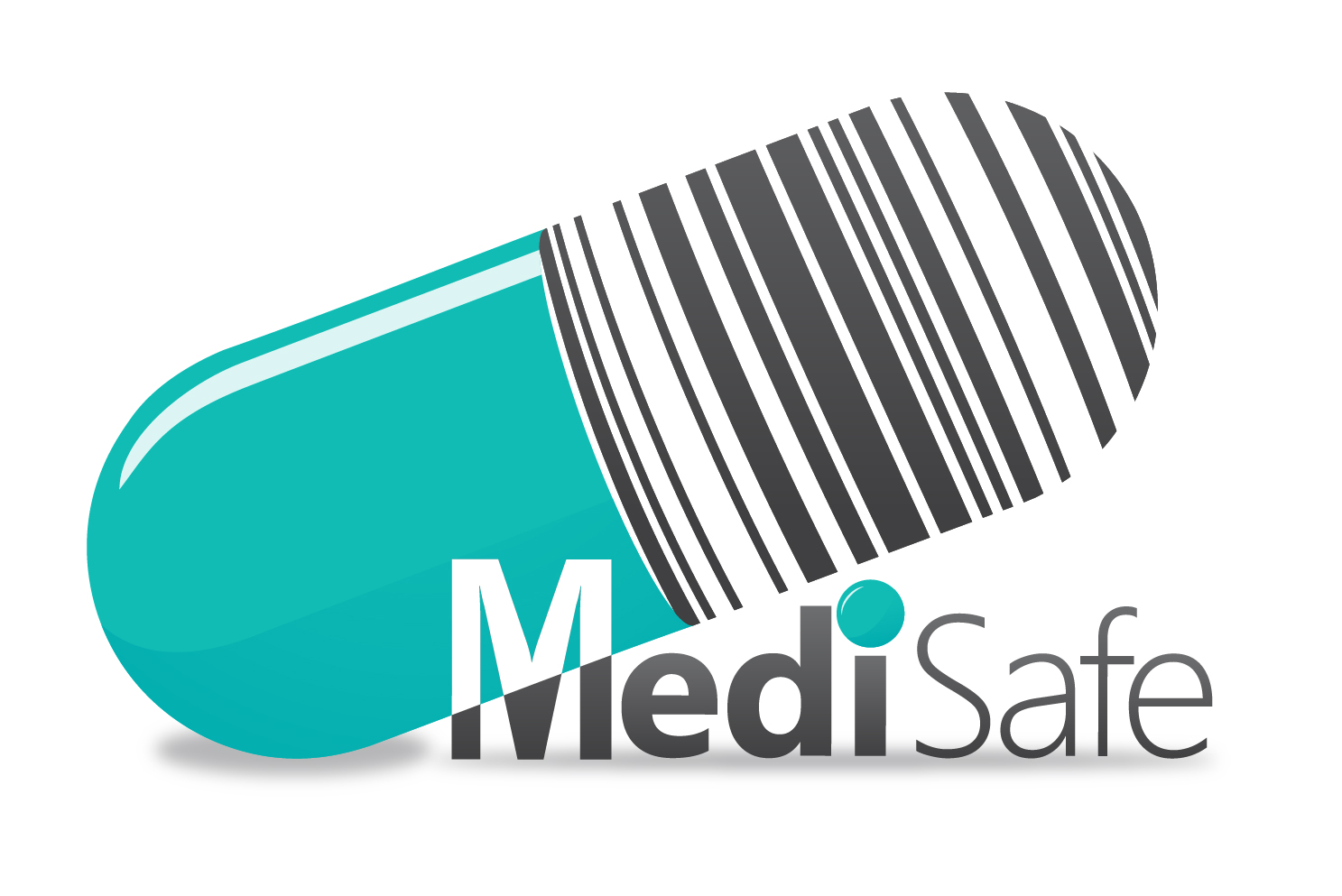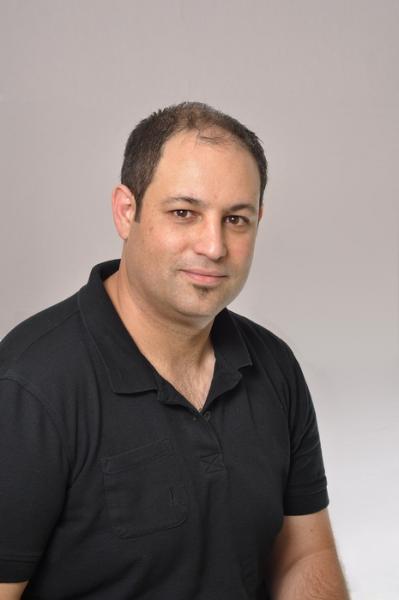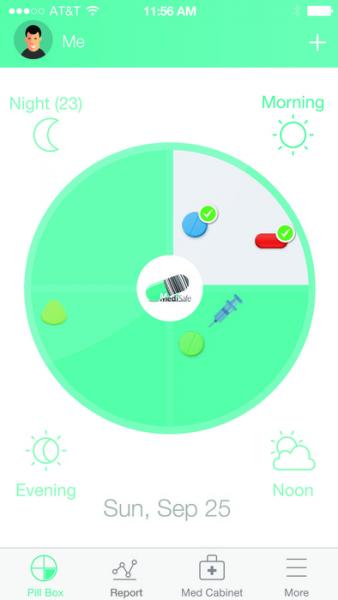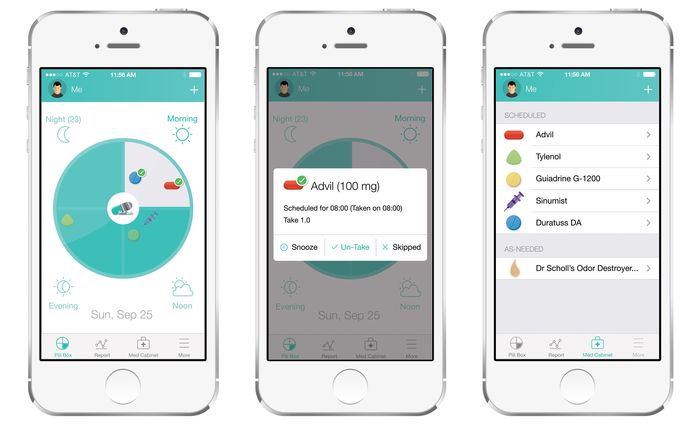Putting some Fun into Medication
We talk to organizations involved in the gamification of medication and health apps.

Have you heard the words, “Don’t play around with your health,” just one too many times? If so, you can now grin at the person dishing out advice and reply, “Well, actually I am, and I’m fitter for it.” With the host of apps now available, the pharmaceutical industry can ensure all sorts of health tasks are taken care of while introducing a fun and interactive element simultaneously.
Keeping tabs on a daily medication regimen can be quite a task for many patients. A study conducted by Medisafe concluded that it is mostly people in the 20 to 29 year age group who seem to believe that skipping medicine won’t make a difference to their health. After tracking the medication consumption of 1.7 million people across the US, the city of Fort Lauderdale, California, won the dubious title of the population least likely to take their medication. Could making medication fun enhance adherence? Many seem to think so.
Carolyn Jasik, MD, a board certified clinical informatics physician as well as Vice President of Medical Outcomes and Clinical Informatics at Mango Health, previously served as clinical faculty at the University of California, San Francisco (UCSF). She explains, “We believe that in order to engage patients to manage chronic diseases through a mobile app, the experience should be positive. As a result, we use our background in gaming to redefine the experience - to make tracking medications and symptoms fun. Every time a user logs their daily meds, they earn points. Points unlock the chance to win rewards in weekly raffles, including gift cards to stores like Target and Starbucks, as well as donations to leading charities. This adds an interesting component to an otherwise routine task.”
MedFriends - involving family and caregivers

Omri Shor, CEO of Medisafe explains, “Medisafe enables patients to track their medications in order to improve adherence rates and health outcomes. Medisafe has several competitive advantages, primarily our connectivity and expansion to other platforms, such as wearables and web, but also our focus on a great user experience.” With user experience in mind, the Medisafe co-founders recognize the importance of caregivers and the care team in supporting patients to manage their medications. Therefore, Medisafe users are provided with the ability to assign “MedFriends” such as family, friends, and caretakers who receive notifications when a loved one misses a dose.
“We are constantly expanding our solution to further support our users,” says Shor, “For example, we recently added a personalized “feed,” which combines patients’ conditions and medication information correlated with behavioral data (i.e. difficulty remembering to take their meds, biometric feedback, etc.) to tailor content to individual needs.” Examples of feed entries include: missed doses, reminders, MedFriend alerts, educational content about the disease/drug, and positive reinforcement using intrinsic rewards.
According to Shor, “Patients value the opportunity to sync their family and friends through the MedFriend feature, encouraging a form of social support for those battling a condition or needing an extra layer of support.” On average, physicians only spend about 49 seconds discussing new medications with their patients, leaving room for confusion and hesitation when it comes to adhering to their prescribed medication – adding to the annual $290 billion costs of healthcare. “External social support makes taking medication easier for some as it reminds them that people are thinking about them during a difficult time,” says Shor.
Jasik describes how Mango involves families: “We see family members tracking their loved ones’ medications in the app. For many of our users, they are caring for children and ailing adult parents in addition to their own health care needs. It’s often hard to stay motivated about maintaining health for both oneself and family members. But the rise of smartphones has created a unique opportunity to make life easier for caregivers.”
Benefiting patients and healthcare professionals

These apps don’t just work by making medication adherence fun and social, but also by creating new habits. John Copelin of Life-txt, an app designed to help people achieve lifestyle and personal goals, says, “Everyone has goals they need to achieve in life, which may be related to academics, finances or health. Some are simple, like losing a couple of kilograms, while some are more complex, like battling health problems. Using the power of constant reminders and affirmations through a medium like SMS slowly embeds into a patient’s subconscious. It forms a habit and habits, once formed, are a powerful force in one’s lifestyle.”
Copelin explains, “Lifetxt.me is for health professionals to engage directly with their clients to set, maintain and achieve mutual health and well-being goals once they have left the practice and made their way home. It has real-time feedback, reporting back exactly what a client has (or has not) completed so a consultant can collate the information and modify the rehab schedule to suit the client’s needs.” In other words, both patients and clinicians benefit.
“Lifetxt.me acts as a proxy website for Health Industry Professionals, helping them to further engage with their patient’s health, fitness and rehabilitation objectives outside of the clinic, gym or practice”, Copelin expands. “It’s a unique way to monitor progress, constantly advertise their own mindfulness and commit their client to some form of accountability.” The consultants who embrace such systems have the advantage of being able to set out a gambit of task designs to rehabilitate their patients and expedite their recovery. “The relationship becomes more intimate in the sense that the patient has a constant reminder of what they should be doing outside of the surgery,” says Copelin. “Some patients have stated they hear the voice of their physician when they read their reminder as affirmations always have a personal meaning.”
Shor concurs about the benefits of apps for healthcare professionals as well as patients: “Patients are typically discovering the app on their own as it has received extremely positive reviews both on the app stores and published articles. Many people in the medical profession are aware of our platform. Recently, Medisafe has become available on IMS Health’s AppScript™ platform. As part of the trusted library of AppScript apps, healthcare professionals can now add MediSafe to their customized formularies and prescribe it to patients.”
Appealing app design scores points with patients

“Patients enjoy the app’s upbeat, cheerful approach to managing daily health,” says Jasik of the Mango Health app. “This comes across in all of the details, whether it’s the bright Mango Health icon, the ability to personalize med lists with custom colors and shapes, or the pop-up windows with encouraging phrases like, You’re on a roll!” Furthermore, the app’s points and rewards infuse not only a sense of fun, but also a sense of accomplishment that patients don’t necessarily have from other more clinical interfaces. “Boosting self-efficacy around health-related tasks is a key driver of adherence according to health behavior change research,” emphasizes Jasik.
Taking temperatures can be a nightmare for parents, but now with the Kinsa thermometer, the device can be plugged into a smartphone where a ten second read time helps alleviate any outbursts from toddlers who refuse to sit still. In addition, the on-screen graphics keep the child amused while the temperature is taken. The temperatures and exact times are recorded on the child’s profile so that when the visit to the pediatrician takes place, parents have everything at hand. With the graphics keeping the children amused, taking temperatures becomes associated with a rewarding experience.
The future of health apps
Health apps are constantly being upgraded and look to offer even more utility in the near future.“Part of the new Mango Health habit features includes an integration with the Google Fit health tracking platform,” says Jasik. As announced at the Google I/O developer conference, Google Fit members on select Android devices will be able to access their walking and running activity in the Mango Health Android application. Daily steps walked will be integrated into the Mango Health points tracking and reward systems, providing an engaging experience around building and maintaining healthy habits.
“For Life-txt, a variety of media will be used to make people even more aware of the tasks they have to complete to reach the goals they have set out to achieve,” maintains Copelin. He adds, “We will use even more technological methods to help people feel inspired towards the pursuit of health.”
“Medisafe’s number one priority is our users and providing them with support from the app can translate to the doctor’s office, where they can share with the doctor important information, such as adherence rate reports”, says Shor.“Medisafe will enable patients to transfer and (re-)fill prescriptions directly to their preferred pharmacy.”
The National Community Pharmacists Association conducted a study which concluded that non-adherence to scheduled medicine intake adds around $290 billion to overall US healthcare spending annually. Just think of the cost difference between taking a heart pill and undergoing a triple-bypass – it makes using the technology worthwhile. Furthermore, as various apps vie for attention, you can be sure they are going to become even more fun and rewarding.
